The office of an elder is an important role in the leadership of the body. Ministering to God’s people in word and deed is a serious responsibility for a man to take on, and it should never be done lightly. A biblically unqualified individual should not occupy either the office of elder or deacon. The Hebrew word for elder is Zaken זָקֵן (pronouced zaw-kane).
The qualifications of the Zaken elder are found in 1 Timothy 3:1–7: “Here is a trustworthy saying: Whoever aspires to be an overseer desires a noble task. Now the overseer is to be above reproach, faithful to his wife, temperate, self-controlled, respectable, hospitable, able to teach, not given to drunkenness, not violent but gentle, not quarrelsome, not a lover of money. He must manage his own family well and see that his children obey him, and he must do so in a manner worthy of full respect.
In Titus 1:6-9 Rabbi Sha’ul futher outlines the qualification for a Zaken elder saying, “An elder must be blameless, faithful to his wife, a man whose children believe and are not open to the charge of being wild and disobedient. Since an overseer manages God’s household, he must be blameless—not overbearing, not quick-tempered, not given to drunkenness, not violent, not pursuing dishonest gain. Rather, he must be hospitable, one who loves what is good, who is self-controlled, upright, holy and disciplined. He must hold firmly to the trustworthy message as it has been taught, so that he can encourage others by sound doctrine and refute those who oppose it” (Titus 1:6–9).



